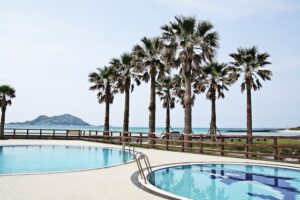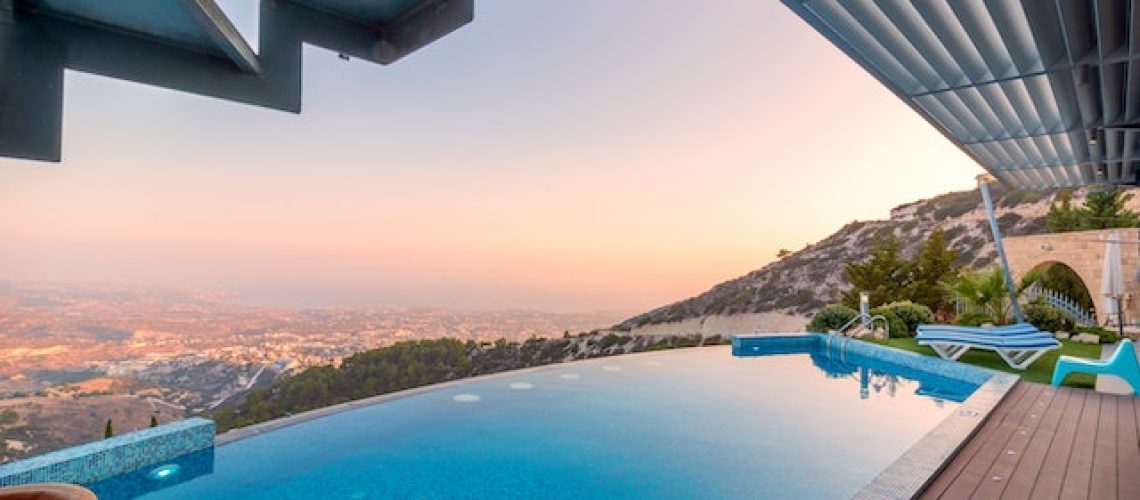Pool heat pumps are a popular choice for heating swimming pools, offering energy-efficient and cost-effective solutions. However, before investing in a pool heat pump, it is crucial to consider various factors to ensure you choose the right system for your needs. In this article, we will explore the key considerations to keep in mind before buying pool heat pumps. By understanding these factors, you can make an informed decision and select a heat pump that will provide optimal heating performance and long-term satisfaction.
The first consideration is the size of your pool and the required heating capacity. The heat pump’s output should be sufficient to meet your pool’s specific heating demands. Factors such as pool volume, surface area, desired temperature increase, and climate should be taken into account. Consulting with a pool professional can help determine the appropriate heating capacity and ensure that your pool heat pumps gold coastis properly sized for optimal performance.

The climate in your area and the average ambient air temperature throughout the swimming season will impact the heat pump’s efficiency and performance. Heat pumps extract heat from the air, so colder climates with lower ambient temperatures may affect their effectiveness. Understanding the temperature range in your region and the heat pump’s coefficient of performance (COP) at various temperatures will help you assess the system’s suitability for your climate.
Energy efficiency is a crucial consideration when selecting a pool heat pump. Look for models with high COP ratings, as they provide more heat output per unit of energy consumed. A more efficient heat pump will result in lower operating costs over time. Additionally, consider the heat pump’s control features, such as programmable timers and variable speed options, which can further optimize energy usage and reduce operating expenses.
Before purchasing a pool heat pump, assess the installation requirements and compatibility with your existing pool system. Consider factors such as available space for the unit, electrical requirements, and plumbing connections. The heat pump should be installed by a professional to ensure proper placement, optimal performance, and compliance with local building codes and safety regulations.
Pool heat pumps generate noise during operation, although modern models are designed to minimize sound levels. However, if noise is a concern, consider the heat pump’s decibel rating and look for models with noise-reduction features. Additionally, choose an installation location that minimizes the impact of noise on the pool area and neighbouring properties.

Investing in a reliable and durable pool heat pump is essential for long-term satisfaction. Research the reputation and track record of the manufacturer or brand. Look for heat pumps made with high-quality components and materials that can withstand outdoor conditions and provide consistent performance. Additionally, ensure the heat pump comes with a comprehensive warranty that covers both parts and labour for an extended period.
Consider the maintenance and service requirements of the pool heat pump. Routine maintenance, such as cleaning filters and inspecting the unit, is necessary to maintain optimal performance. Some heat pumps require periodic professional servicing to ensure efficiency and longevity. Assess the availability of local service providers and spare parts to ensure timely assistance if needed.


